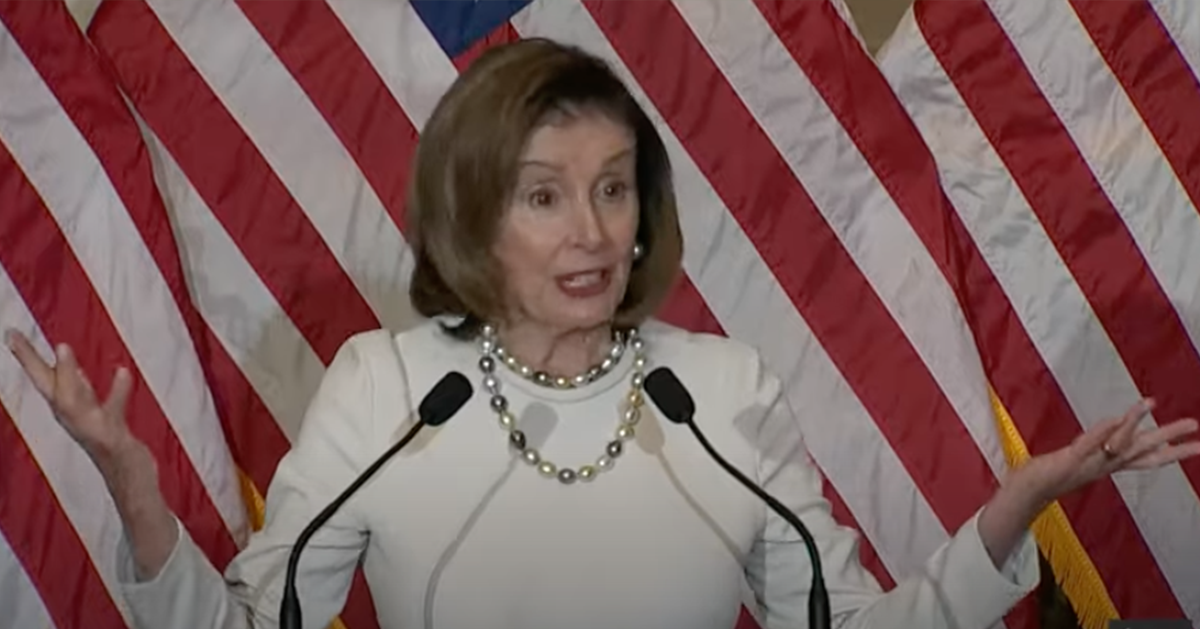Collins backs Gabbard's confirmation for key intelligence role
In a significant development on Capitol Hill, Sen. Susan Collins of Maine has declared her support for Tulsi Gabbard's nomination to serve as Director of National Intelligence.
Collins' backing essentially ensured Gabbard a full senate vote, a crucial endorsement amid a tight 9-8 partisan division within the Senate Intelligence Committee, as Newsmax reports.
Nominated by President Donald Trump for the high-profile intelligence position, Gabbard was facing a precarious situation in the committee. With a closely divided panel, Gabbard required every possible Republican vote to secure her confirmation, as she could only afford to lose one GOP vote if all Democrats decided against her.
Collins announced her decision to support Gabbard on Monday. She noted that after careful consideration, she had resolved to back Gabbard's nomination.
"After extensive consideration of her nomination, I will support Tulsi Gabbard to be the Director of National Intelligence," Collins stated.
Key Vote Hinges on Policy Reversals
Collins' decision was not made lightly. She initially expressed reservations about Gabbard's views on critical issues, particularly her stance on Section 702 of FISA and Edward Snowden. Gabbard's past actions had raised doubts, as she sought the repeal of Section 702 in 2020 and consistently voted against its reauthorization.
Yet, during her confirmation hearings, Gabbard conveyed a more supportive position on Section 702. She articulated her belief that it is "crucial" and necessary for national security, alongside safeguarding Americans' civil liberties.
"Section 702 is crucial and must be safeguarded to protect our nation while ensuring the civil liberties of Americans," Gabbard told Punchbowl News.
Another point of contention for Collins was Gabbard's perspective on Edward Snowden, a former intelligence contractor who famously leaked classified information about government surveillance programs. Some Republicans, including Sen. Todd Young, expressed dissatisfaction with Gabbard's comments regarding Snowden.
Understanding Gabbard's Stance on Snowden
During the hearings, Gabbard stopped short of labeling Snowden as a "traitor." Instead, she acknowledged that Snowden broke the law, but she stressed that he should have used formal channels to report his concerns. "Snowden should have raised his concerns about illegal surveillance through authorized channels, such as the inspector general or the Intelligence Committee," Gabbard suggested.
Collins indicated that Gabbard had sufficiently addressed her reservations on Snowden through discussions and hearings.
"In response to my questions during our discussion in my office and at the open hearing, as well as through her explanation at the closed hearing before the Senate Intelligence Committee, Ms. Gabbard addressed my concerns regarding her views on Edward Snowden," Collins commented.
Despite the rigorous scrutiny, Gabbard managed to persuade Collins of her suitability for the role. Collins emphasized that the Office of the Director of National Intelligence had expanded beyond its intended scope and expressed a shared vision with Gabbard to restore the agency to its original size.
Implications for Senate Intelligence Committee
Collins' support was sufficient to sway the Senate Intelligence Committee’s decision in favor of Gabbard. This vote holds substantial weight in the broader political landscape, as it could help determines the direction of the nation’s intelligence agenda under President Trump's administration.
The committee's partisan divide underscores the importance of every vote, especially when potential defections could influence the final outcome. The dynamics within the committee mirror broader political tensions and emphasize the significance of bipartisan cooperation in navigating complex national security matters.
In conclusion, Collins' decision underscores the intricate political negotiations involved in key government appointments.
Her support not only highlights the balance of power within the Senate Intelligence Committee but also illustrates the broader national discourse on intelligence policy and civil liberties protection.
As the confirmation process advances, the Senate will further debate the implications of Gabbard's potential leadership in shaping U.S. intelligence practices.




